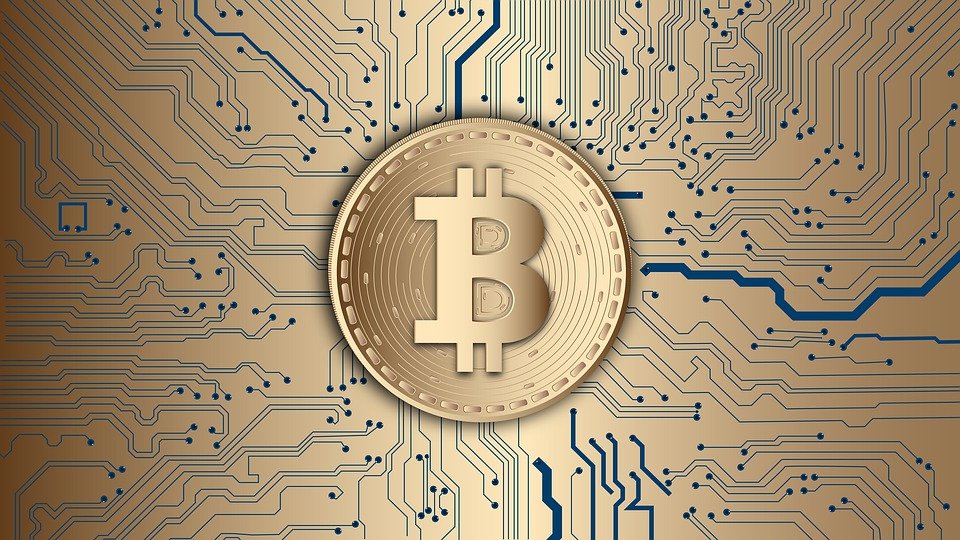
News that one of the leading crypto exchanges and media darling, Binance was hacked burst forth as an explosion in crypto circles.
The money stolen was comparatively low and far from record high but still amounted to a solid $40 million. Thanks to a good management and prescience about the nature of computer systems security, Binance already had the solution for the stolen money with their famed SAFU fund. Binance set aside 10% of their profits for cases like this.
However, the main story is not the hack itself but the happenings that went down afterwards.
In the aftermath of the hack, one of the bitcoin core developers suggested to Binance CEO CZ that he might actually punch the hackers back with a reorganization attack on bitcoin chain. It essentially required a swift coordination of miners and Binance to point the has power into mining a longer chain than the one where the funds are stolen. This would render the thieves transactions worthless. But, this would also nullify all other legit transactions that happened on bitcoin blockchain since the hack.
But most important and most dangerous consequence of all of this would be a devastating reputational hit on bitcoin’s credibility and its most highlighted and valuable feature: immutability.
If one powerful and rich crypto individual can rewrite the chain only to save his $40 million – how easy will it be for a much bigger and stronger, state adversary to attack and destroy bitcoin? Short answer: very easy. Even a third world country government would be able to pull it off.
After discussing it publicly and privately with prominent bitcoin personalities, CZ solemnly declared he will not be pursuing the chain reorganization and will simply compensate the stolen funds from his own pocket.
Is it really that easy to double spend, reorg, rewrite bitcoin?
There are multiple philosophies that try to explain and define the bitcoin as a phenomena. Two leading thoughts are putting focus on different aspects of bitcoin. One is the technologists understanding of bitcoin – hard and clearly predefined rules, encoded in the protocol that automatically deal and prevent situations like this. Technocrats, as they are often dubbed, want to diminish and even eradicate the factor of human agency in bitcoin. This faction is a smaller one of the two.
On the other side is the more crowded camp of bitcoiners that see it primarily as a social contract where emphasis is on the people, every change needs a broad consensus of all bitcoin ecosystem participants after publicly discussing pros and cons of the proposed changes. This group’s opinion on what should be Binance’s next move prevailed and since the vast majority of influential bitcoiners was repelled by the idea of a reorganization, bitcoin chain remained in tact and unchanged.
But, confusion with a shade of disappointment was palpable on crypto Twitter as people openly wondered how come it is that easy to even contemplate bitcoin reorganization? Isn’t bitcoin the most immutable, set in stone invention we ever had? Will there come time when someone crops up out of nowhere and want to increase the holy grail – the total supply of bitcoins? What if some group of developers changed the hardcoded 21 million supply and put 42, 84 or 500 million as the new bitcoin supply?
Well, that is the beauty of bitcoin – it is primarily a human construct, an idea, a concept that people imagined and used code to implement it. Bitcoin is a shared belief, that came to life and appealed to the worldview and moral, ethical, economical taste buds of its advocates and holders for the features it advertised: immutability, scarcity, censorship resistance, no central authority to tamper with it.
If any of these hallmarks change, the idea, the belief people had is invalidated – it is not the same thing anymore. Luckily, the concept of forks is ingrained in bitcoin precisely for this reason. If there is a contentious, unsolvable issue that splits the community – we fork the code and go our separate way. The people, users decide what path they want to follow – they decide which implementation, which network is the physical manifestation of their belief. And that network will be bitcoin. The other one, with lesser support will be something else.
Even if CZ decided to take the other route and succeeded in reorganizing bitcoin chain, would “his” new chain, where he keeps his $40 million, be bitcoin or would the one where hackers keep their $40 million plunder be the actual bitcoin? It would take some time for the dust to settle but consensus would emerge and users would be the jury on that.
So what is the wisdom to heed from this Binance hack case?
The moral of the story is that is easy to monkey around with the technology but it is hard to pull off a reshaping of the ideas people bought into. If the ideas is that bitcoin is immutable – it is not the tech that protects that ultimate postulate but the human intellect and human innate proclivity to vehemently defend ideas it deems valuable and righteous.







